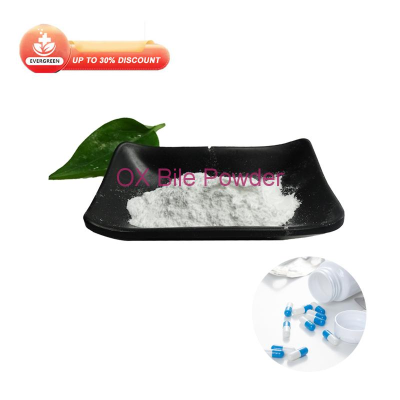-
Categories
-
Pharmaceutical Intermediates
-
Active Pharmaceutical Ingredients
-
Food Additives
- Industrial Coatings
- Agrochemicals
- Dyes and Pigments
- Surfactant
- Flavors and Fragrances
- Chemical Reagents
- Catalyst and Auxiliary
- Natural Products
- Inorganic Chemistry
-
Organic Chemistry
-
Biochemical Engineering
- Analytical Chemistry
- Cosmetic Ingredient
-
Pharmaceutical Intermediates
Promotion
ECHEMI Mall
Wholesale
Weekly Price
Exhibition
News
-
Trade Service
Title: An automated Design-Build-Test-Learn for enhanced microbial production of fine chemicals
Journal:
Nigel S. S. Scrutton et al
Published: 2018/06/08
Digital Identification Number: 10.1 038/s42003-018-0076-9
Original link:A study published in Communications-Biology, An automated Design-Build-Test-Learn pipeline for enhanced microbial production of ?ne chemicals provides a blueprint for increasing the productivity of biochemical engineering.
use of microorganisms to produce compounds provides a sustainable and environmentally friendly approach for the chemical industry. However, the identification and development of suitable cell line is a bottleneck in the introduction of organisms into the production process, as there are very high time and human costs. The all-gene analysis and mathematical models that systems biology specializes in can be applied to biological processing, driving the design, construction, testing and learning of the usual circular framework (Design-Build-Test-Learn, DBTL) in metabolic engineering and accelerating the design of cell factories. But tailoring a DBTL framework for each compound is still a cost-effective strategy.
So Nigel S. Scrutton's team at the University of Manchester's Center for Fine and Specialty Compound Synthesis Biology designed and developed a DBTL framework that simplifies automation, is integrated, applies to all compounds, and does not need to know if there are previously successful strategies. Using statistical sampling, the authors considered a small number of design parameters, a large number of variables in the pathway, coupled with automated experimental procedures, to successfully prototype the framework quickly. They used this method to improve the production of flavonoids produced by E. coli, taking into account four important enzymes in the molecular pathways in which flavonoids are produced, and four important parameters and associated variables for each enzyme, for a total of more than 2,000 possible gases. Using only two DBTL cycles, they scaled down the number of possible patterns on a large scale, then experimented, and finally increased the production of flavonoids to 500 times what the original program could achieve.
, this is an important step in automating dbTL cycles and developing microbial chemical engineering.
summary: The microbial production of fine chemicals provides a prody biosustainable manufacturing solution that has led to the successful production of a growing catalog of natural products and high-value chemicals. However, development at industrial levels has been hindered by the large resource investments required. Here we present an integrated Design–Build-Test–Learn (DBTL) pipeline for the discovery and optimization of biosynthetic pathways, which is designed to be compound agnostic and automated throughout. We initially applied the pipeline for the production of the flavonoid (2S)-pinocembrin in Escherichia coli, to demonstrate rapid iterative DBTL cycling with automation at every stage. In this case, application of two DBTL cycles successfully established a production pathway improved by 500-fold, with competitive titers up to 88 mg L−1. The further application of the pipeline to optimize an alkaloids pathway demonstrates how it could facilitate the rapid optimization of microbial strains for production of any chemical compound of interest.







